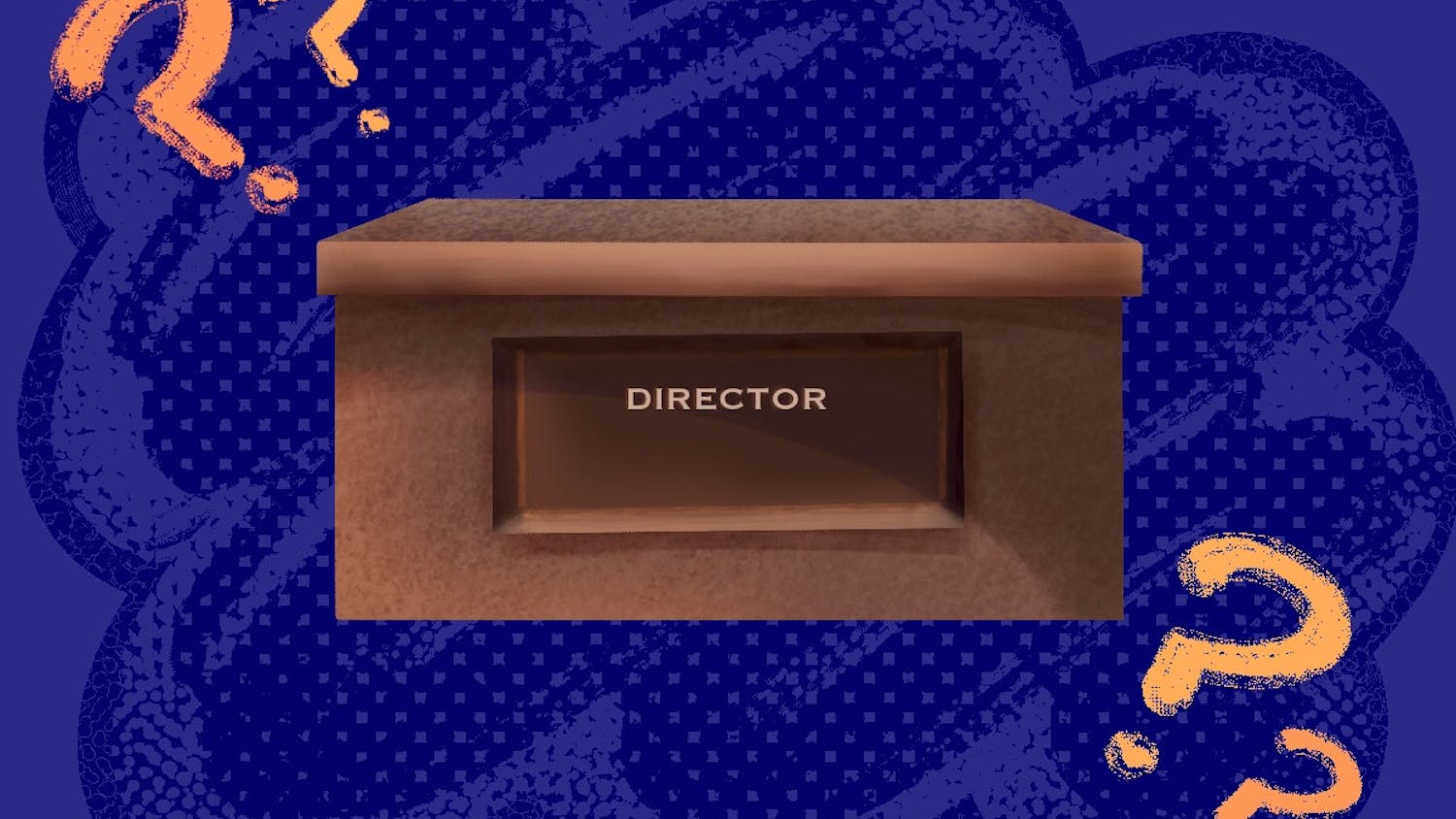The scene with the most impact in “The Shawshank Redemption,” for me, is the one in which Brooks ties a rope to the ceiling, scribbles “Brooks was here” on the wall, and kicks the chair from under himself.
What’s significant about the scene is that Brooks had recently been released from a long prison sentence. He seemed OK in prison. But life outside — freedom, the opportunity to attain material goods and all the other things people equate with happiness — was too much for him.
To me, the scene underscores the relativity of satisfaction and happiness: One can be satisfied in what others perceive as abysmal circumstances and vice versa.
On Sunday, a college student with all the opportunity in the world ended his own life. Presumably, the lives of a mother, a father, a friend and many others were changed forever when he tragically jumped to his death.
I don’t know what the student was going through. I don’t know if he had talked to anyone before he jumped, and I don’t know his mental state or the circumstances surrounding his death.
All I know is that his death was a tragedy. And for every person who commits suicide, there are hundreds, if not thousands, of others who are considering it.
When we look at the lives of students who commit suicide, it seems like they have everything the world can offer: youth, education and endless opportunity. In other cases, they may have hidden, underlying personal problems.
Either way, satisfaction is relative, and we can never be sure what someone is going through.
One thing that is difficult for people with psychological problems is the stigma of seeking help for them. So many are unable to find help for their problems out of shame and fear of judgment.
Indeed, the judgment surrounding psychological illness is extreme in America.
A study in 1991 by the National Mental Health Association found that 43 percent of Americans viewed depression as a “personal weakness.” Although the study was done more than 20 years ago, chances are our views on this illness haven’t changed very much.
Putting aside our uncertainties of mental problems, no matter what one believes a particular mental problem is, the goal of seeking help is still the same: to rid oneself of the mental problem and to go on and live a prosperous life.
Nobody wants to live in a world where everyone is depressed. One does not put a burden on the world by seeking help. One should not be ashamed for seeking help. Getting help for mental suffering is best for the one seeking help and for society as a whole.
College life presents unique circumstances. Some find the challenges inspiring, and some find them difficult.
There’s an abundance of students who live in social residence halls, go out and dance at Sharab until 2 a.m. and go back to their dorms still feeling like they are alone in the world.
If you’re considering seeing a professional for mental help — even if you’re just going through rough times — then help yourself and see them. Somewhere, someone cares.
If you are feeling low, reach out to someone. If you notice a friend who seems to be in a bad place, reach out to him or her.
In either case, there are a lot of resources at your disposal.
Abdul Zalikha is a biology and English junior at UF. His column appears on Wednesdays.





